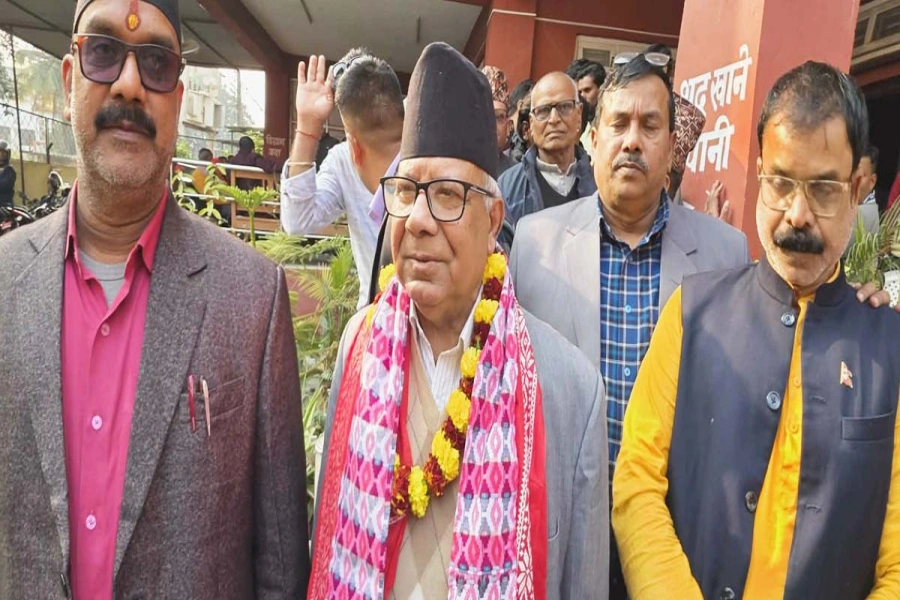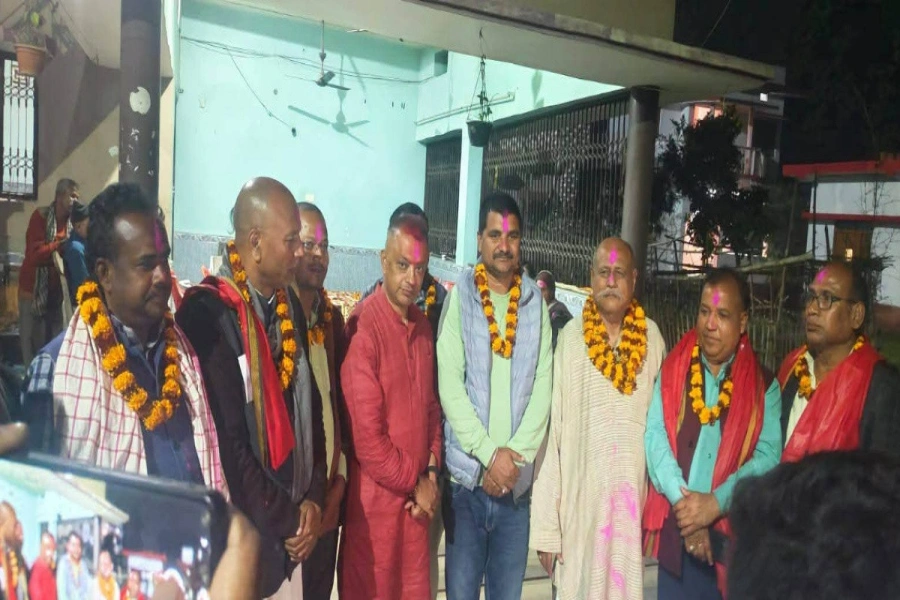KATHMANDU, May 7: Conflict victims’ organizations announced the withdrawal of all the names they had recommended for appointments to Nepal’s two transitional justice bodies, citing a deeply flawed and politically influenced selection process.
The move comes in response to the recent shortlist published by the Recommendation Committee formed on March 24, 2025, tasked with recommending commissioners for the Truth and Reconciliation Commission (TRC) and the Commission of Investigation on Enforced Disappeared Persons (CIEDP).
In a strong statement issued Tuesday, victims’ groups allege the committee failed to carry out its responsibilities with integrity and independence, instead producing a “disappointing” list of candidates shaped by power-sharing and political influence. They claim the process ignored individuals with expertise, experience and a track record in transitional justice and instead prioritized those with political affiliations and little credibility among victims.
Conflict victims threaten to ask UN to intervene in TJ process

“The committee has worked hastily, without transparency, and has entirely disregarded the victim community,” the joint statement said. “Its actions contradict the essence and spirit of transitional justice.”
The groups say the recommendations include individuals who have actively worked against the interests of victims and lack the necessary qualifications. They argue that any commissions formed on such a foundation cannot deliver justice or rebuild trust among those affected by Nepal’s decade-long armed conflict.
The victims’ community had been consistently advocating for a transparent, inclusive and victim-centric process. Instead, the process turned into “a politically controlled exercise” that betrayed the very people it was meant to serve.
In light of the Recommendation Committee’s alleged failure to conduct a credible process, victims’ organizations said they are currently consulting with the Prime Minister and senior political leaders. They emphasized that, given the current process lack legitimacy and does not reflect the needs and perspectives of victims; they are compelled to withdraw all recommendations previously submitted in good faith.
“The committee has lost the trust of the victims’ community. We cannot accept or recognize the current process,” the statement concluded.
Nepal’s transitional justice process has been stalled for years due to political interference, lack of political will, and criticism over the failure to center victims’ voices. The latest development is likely to increase pressure on the government to restart the process on a more credible foundation.

































